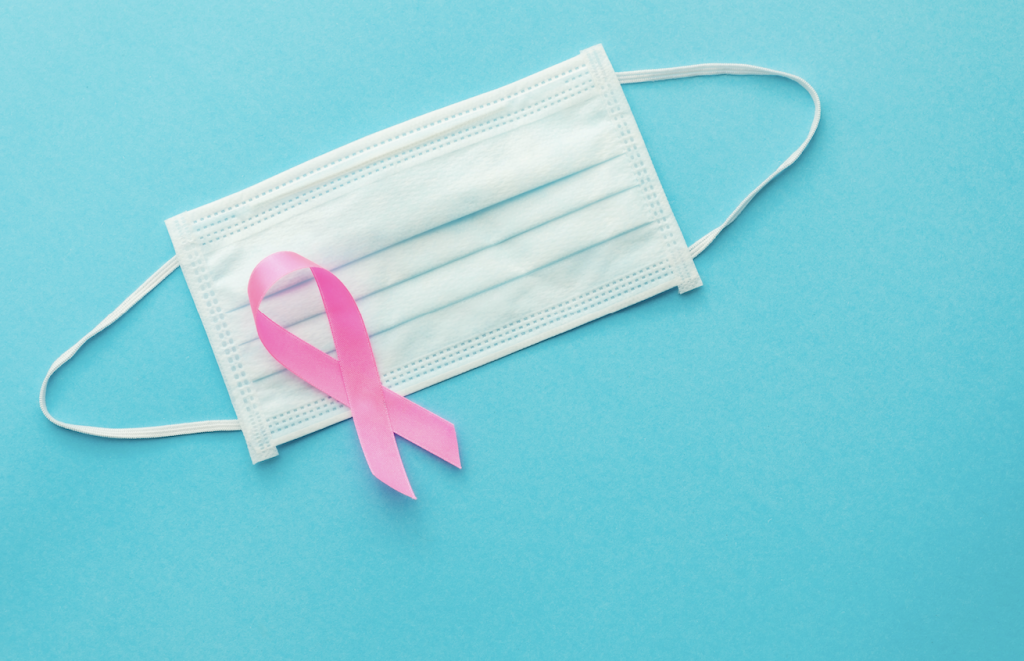There are signs that a decline in cervical screenings during the pandemic has had a knock-on effect on cervical cancer claim numbers.
Insurers told Health & Protection that in particular critical illness and income protection claims related to cervical cancer had generally fallen.
This week the UK government launched a campaign to increase the number of those eligible attending their cervical screening.
The Help Us Help You – Cervical Screening Saves Lives campaign urges those who may be eligible not to ignore their cervical screening invite, and if they missed their last one, to book an appointment with their GP practice or sexual health clinic now.
The campaign follows the release of official figures which showed nearly a third (30%) of eligible individuals – women and people with a cervix aged between 25 and 64 – were not screened.
The campaign has been launched against a backdrop of an overall decline on critical illness protection claims on pre-pandemic levels, according to Aegon.
The insurer claims the reduction in the amount of cervical screening and other types of medical screenings over the last two years could have contributed to this.
Payment drop
Louise Colley, director of Zurich’s retail protection business in the UK, told Health & Protection the insurer had also seen payments for women’s cancers drop during the pandemic.
“We did see these payments drop which is a likely consequence of fewer people accessing medical advice,” she said.
“This may be for a variety of reasons including people not wanting to put any extra burden on the NHS, or appointments not being available. It is reassuring that we are now seeing claims levels return to normal.
“Finding and addressing concerns early, can reduce the long-term impacts of illness. We encourage customers to seek help and any treatment they need, both through the NHS and via support through their cover,” Colley added.
LV= head of underwriting and claims Anna Rogers revealed the insurer paid out £334,000 for cervical cancer claims across its income protection and critical illness range of protection products in 2021.
“Breast, bowel, lung and prostate cancers are typically the most common cancer claims with cervical cancers accounting for a small proportion of claims,” she said.
But Rogers added that the restrictions imposed by the pandemic resulted in fewer screenings and treatments for cancer over the past two years and the insurer expects this could lead to a rise in claims over the next 18 months.
“Data from the LV= Wealth and Wellbeing Monitor conducted last year shows that 7% of respondents said they or a family member had experienced delays to medical diagnosis, operation or treatment,” she added.
“As all screenings return to a more normal level, we may see an increase in critical illness claims.”
Canada Life said it was not seeing anything conclusive yet as patterns of claims reported were relatively stable, but added it was mindful that NHS waiting times may affect diagnosis and treatment, which may in turn affect claim trends in the future.
Vitally important women attend screenings
But Dr Anushka Patchava, deputy chief medical officer at Vitality, told Health & Protection the provider had seen cancer claims broadly remain consistent since 2019, with a slight increase in cervical cancer claims over this time.
“There are often no symptoms of early-stage cervical cancer which is why it’s very important that women attend their regular cervical smear appointment and get any diagnosis and treatment as soon as possible,” she added.
Jacqueline Kerwood, claims philosophy manager at Aviva agreed that it was incredibly important women came forward for cervical screening.
“We receive critical illness claims for gynaecological issues each year – these make up around 10% of female cancers and 5% of all cancers, male and female, that we see at claims stage,” she said.
“We haven’t yet seen any impact to gynaecological claims as a result of the pandemic with levels of claim being broadly consistent over the last five years.”
David Banks, director of claims and underwriting at Legal & General, echoed those sentiments.
“The pandemic has put the NHS under huge pressure, reportedly causing significant, but understandable, delays in the treatment and diagnoses of cancer,” he said.
“Despite the best efforts of GPs and NHS staff who have worked hard throughout these unprecedented times, delays in investigations and non-attendance at screening programmes could sadly mean the cancer is more advanced when it is diagnosed.
“It’s vitally important that customers continue to use the NHS as well as the support they have via their cover to ensure they get the appropriate help and treatment they need, helping to lessen any long-term impacts.”
